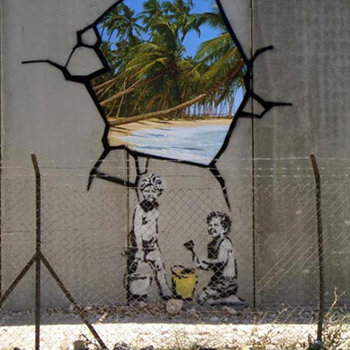How did the Israeli-Palestinian conflict begin?
1 Answer
It has long term historical causes.
Explanation:
One could say it began with the first Arab-Israeli war in 1948, however its roots go much further back.
The dispute over who controls or should control Palestine can be traced to the expulsion of the Jews in the 5th century AD as the Roman Empire collapsed. This diaspora resulted in the Jewish people settling all over Europe, North Africa and the Middle and Near East.
Jewish culture and religion held however that Palestine was their homeland. Their subsequent persecution by both Catholic and Protestant religions only added to this belief.
From the 12th century onwards Palestine was part of the Turkish Ottoman Empire. What brought this conflict or issue to a head was events which took place at the beginning of the 20th century.
In the 1890's the Zionist Movement was formed whose aim was to create a Jewish homeland in the Middle East. The outbreak of World War 1 accelerated this process.
Turkey supported Germany. In return for Jewish financial support the British through the Balfour Declaration, committed to creating a Jewish state after the war. However they also made similar commitments to the Palestinian Arabs in return for supporting the British in fighting the Turks.
After the war ended the Ottoman Empire broke up and Britain was given Palestine as a League of Nations mandate with 50 years to prepare the people for independence.
Naturally both groups expected Britain to meet its commitments. The situation was compounded by the rise of fascism in Europe and the pressures this brought to bear.
When the war ended Britain had lost control of the situation. The UN took over and partitioned Palestine. The state of Israel was accepted by the Jews but not by the Palestinians. Israel was attacked by her Arab neighbours whom she comprehensively defeated. The Palestinians lost virtually all the land given to them, thus creating the Palestinian refugee crisis.
Since then there have been further major conflicts in 56, 67 and 73 and a continuing crisis which is still central to the dynamic of Midddle East politics.

